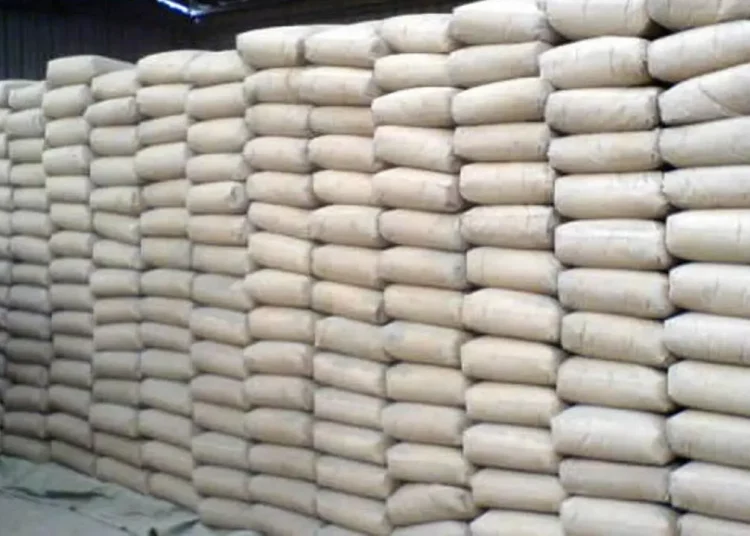The cement industry in Nigeria has remained vibrant over the years, making significant contributions to the national economy. Its tremendous contributions to the provision of housing, roads, bridges and other infrastructure nationwide cannot be overemphasised
There is virtually no sector where cement products, from different manufacturers, are not an input.
According to the National Bureau of Statistics (NBS), cement is a major input in the construction sector and contributes about three to five per cent to Nigeria’s Gross Domestic Product (GDP).
Fortunately, Nigeria has abundant limestone deposits, the primary raw material for its production.
In a well-structured economy, its availability and pricing, considering that three local firms are the dominant producers, would have benefitted both the primary and secondary users.
However, this is not the case. Cement in Nigeria is too expensive and beyond affordability, especially for ordinary Nigerians, who desperately need it to build their own houses.
The price volatility has seriously affected long-term planning by the government and other players in the building and construction industry.
Consequently, contractors frequently approach the government for a review of project costs, as such fluctuations adversely impact their operations.
Between 2024 and this year, the price of 50 kg of cement has fluctuated between N7,400 and N15,000 per bag, depending on the part of the country.
Soaring prices seem to dwarf efforts to keep the price of cement at a stable and affordable level.
The cement manufacturers recently agreed not to increase the price of their product for contractors handling construction projects by the federal government for the next few months.
They also resolved to establish an annual N20 billion (about N30 per bag of cement produced) fund to train artisans in the construction industry.
The gesture followed the federal government’s decision to build concrete roads across the country instead of asphalt, which had been in use.
While these companies have kept their promise, cement dealers have continued to knock out the gains thereof through frequent increases in cement prices.
Like other times, the dealers recently increased the product’s price nationwide, raising the average cost to above N10,000.
These new prices have instantly posed a big challenge to Nigerians pushing to own their personal houses.
An analysis of this trend showed that the price of a 50kg bag of cement increased to N10,500, or 8.25 per cent, from N9,700 before the adjustment.
According to the latest price tracking data released by Financial Derivatives Company Limited (FDC), a 50kg bag of cement costs over N10,000.
The data further revealed that the new price is the highest so far in 2025. The dealers attributed their action to the rising cost of transportation.
As Nigerians pay more for the product, the cost of other building materials also substantially increases, raising fears that the development could widen Nigeria’s housing deficit gap to above the current 17 million units.
As a newspaper, we appeal to manufacturers and dealers to heed the government’s recent plea to bring down the price to at least N7,000 per bag.
In that appeal, the government expressed dissatisfaction with the cost of cement. “Our contractors have called and complained that they wanted to return to asphalt. We are using this medium to tell the cement manufacturers that, at the time, the dollar was almost N2,000; they increased cement from N7,500. Why should today, when the President has brought the dollar to stability to about N1,400 and less, cement is still being sold for N9,500?”
We agree with the government that the price should be slashed. But the appeal is not enough.
The government has not adequately addressed the causes of the price spiral: the operating environment is still not business-friendly, electricity supply remains epileptic, most manufacturers generate their own power, and spend a fortune on acquiring power-generating sets to run their factories.
Accepted, road infrastructure has improved, but most roads are still not motorable. The trucks used in the haulage business are expensive and imported, and their maintenance is on the high side. The government should look into the concerns of the transporters.
The government should also overhaul the rail system to facilitate the movement of petroleum products and bulky goods such as cement.
Distributors/dealers can reduce the cost of transportation by switching to Compressed Natural Gas (CNG)-powered trucks. These trucks are relatively cheaper and last longer than diesel, which is mostly in use.
If the government and the stakeholders promote stability in cement pricing, the full potential of the construction industry would be tapped to drive economic growth and boost citizens’ living conditions. The time to do so is now.





